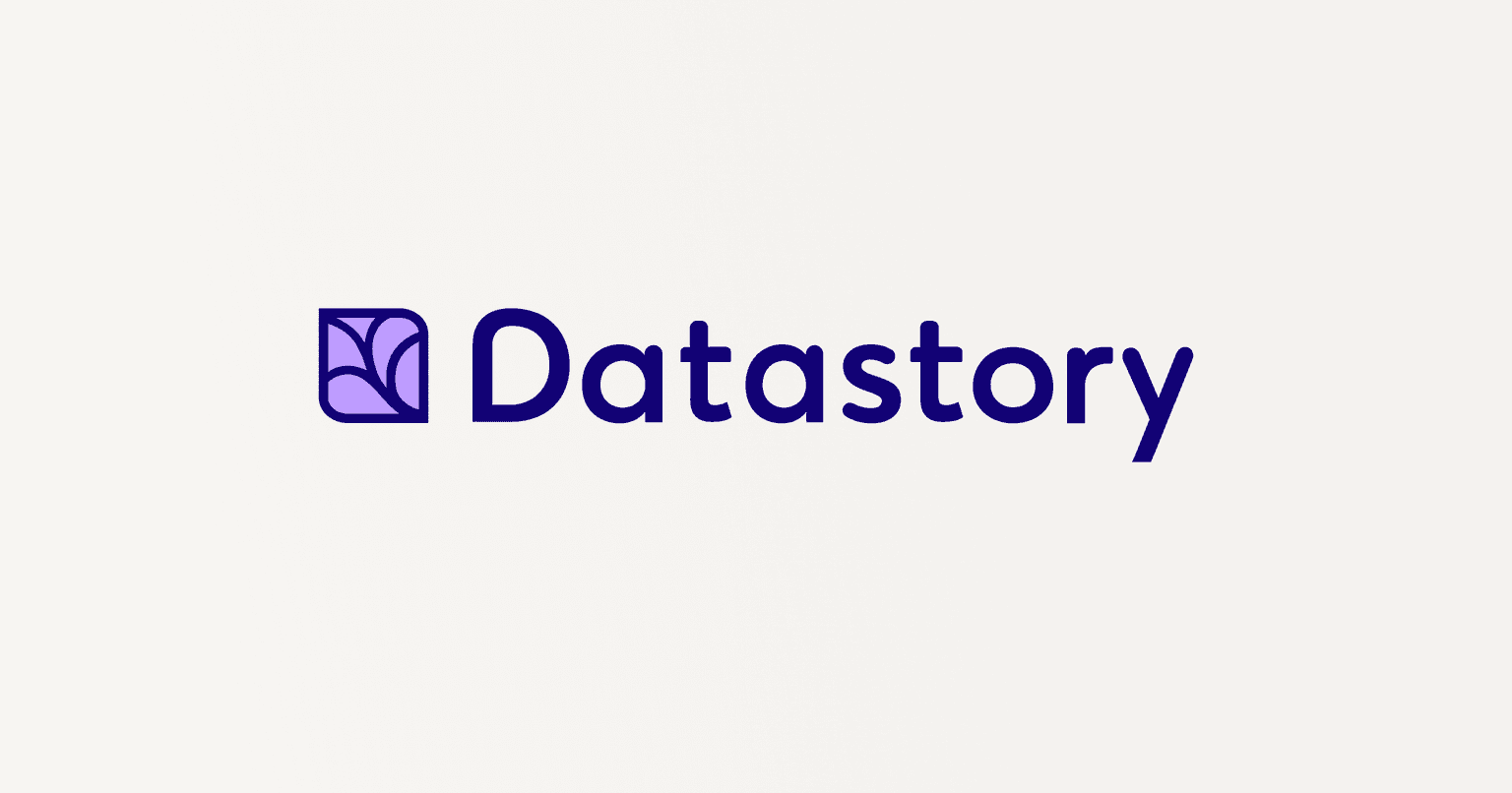
Ten Challenges Open Data Could Solve
By Victoria Gladkiy • 11/27/2024
Explore how open data can address critical global and local challenges, from climate change to public health, education, and economic development.
Imagine a world where cities flow without traffic jams, healthcare systems respond swiftly to crises, and governments are held accountable with unparalleled transparency. Open data offers the potential to solve many of the challenges society faces today, empowering decision-makers with insights that drive action.
But as powerful as open data can be, its true impact depends on how it's structured, shared, and applied. This blog explores ten critical challenges open data can address and how using it effectively can transform the way we tackle complex issues.
What is Open Data?
Open data refers to information made freely available by governments, institutions, and organizations. It spans diverse areas, from public health and education to climate change and economic development. When used effectively, open data enables researchers, policymakers, and organizations to uncover patterns, drive innovations, and make informed decisions that create meaningful change.
The value of open data lies not just in its availability but in its accessibility and usability. Without proper organization, datasets can remain underutilized. The challenge lies in connecting these fragmented pieces into a bigger picture—making them actionable for solving real-world problems.
10 Challenges Open Data Could Solve
- Improved Healthcare Access Open data on healthcare infrastructure, disease outbreaks, and patient demographics allows decision-makers to identify gaps, allocate resources, and enhance public health responses.
- Traffic Congestion and Urban Planning Transportation and mobility data provide the foundation for smarter city planning, reducing commute times, and creating sustainable urban environments.
- Climate Change Mitigation Insights from environmental data, including emissions and energy consumption, help governments and organizations design policies that drive tangible climate action.
- Economic Inequality Analyzing data on income distribution, employment trends, and education accessibility reveals disparities and informs targeted interventions to bridge societal gaps.
- Food Security and Agriculture Data on crop performance, soil health, and weather patterns can empower farmers to make smarter decisions, optimize resources, and reduce food waste.
- Transparency and Accountability Public access to government spending and procurement data ensures accountability, reduces corruption, and fosters trust between institutions and citizens.
- Disaster Preparedness and Response Real-time data on natural disasters, risk zones, and resource availability enhances emergency planning and response, saving lives and minimizing damage.
- Access to Education Insights into school infrastructure, curriculum effectiveness, and student outcomes help policymakers create equitable access to quality education.
- Global Tax Justice Transparency in corporate and financial data reveals tax evasion practices, enabling nations to recover lost revenues and foster fairer economic systems.
- Biodiversity and Conservation Ecological data on species and habitats informs conservation efforts, helping to protect biodiversity and combat environmental degradation.
Why Open Data is Key to Progress
Open data has the potential to solve complex societal challenges—but only when it is accessible, well-structured, and actionable. The challenge often lies in the fragmentation of datasets, which can prevent decision-makers from seeing the full picture. By emphasizing interoperability and ease of use, open data can bridge these gaps, unlocking deeper insights and enabling transformative change.
It's not enough to simply release data; it must be organized in ways that highlight connections and reveal actionable insights. For example, understanding the relationship between urbanization and public health requires data from multiple sectors to be analyzed together, creating a more holistic view of the issue.
Moving Toward an Open Data Future
The potential applications of open data are vast, but its real power comes from collaboration and innovation. Whether it's used to inform public policy, inspire journalistic investigations, or drive academic research, open data offers a foundation for informed decision-making across industries.
Organizations that harness open data effectively are not only solving immediate problems but are also laying the groundwork for long-term progress. The future of open data is about more than access—it's about enabling better questions, richer insights, and meaningful solutions.
Unlocking the Potential of Open Data
Open data represents a shift toward a more transparent and connected world. But the way it's applied will define its impact. From improving healthcare systems to mitigating climate change, the possibilities are immense—but only if we leverage this resource thoughtfully and strategically.
Tools like Datastory's Open Knowledge Graph (OKG) demonstrate the potential of structured open data. By linking datasets across interconnected topics, the OKG enables researchers, policymakers, and organizations to uncover patterns, explore relationships, and drive actionable insights. With intuitive tools and access to trusted sources, OKG turns the promise of open data into real-world solutions.
Let's unlock the full potential of open data to create a future where information drives progress and empowers action.